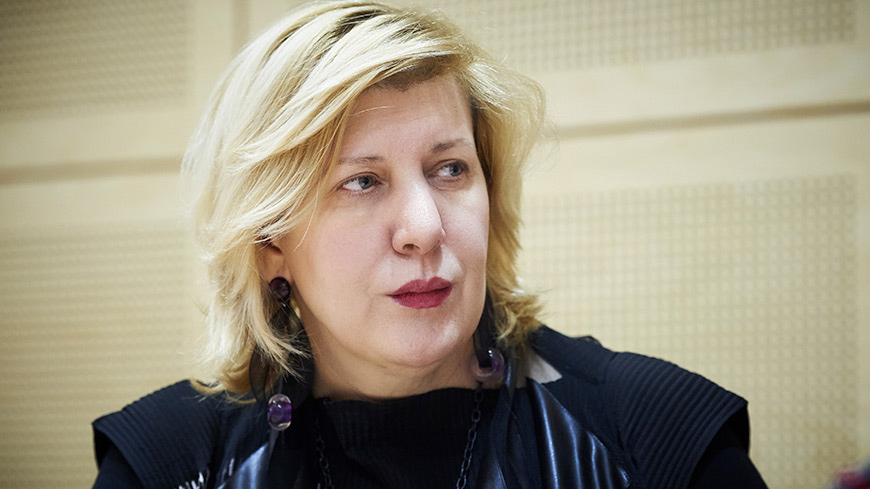“It is with dismay that I have learned that Poland’s Parliament’s lower house plans to resume this week the examination of two citizens’ bills that aim to restrict women’s access to safe and legal abortion care and children’s right to sexuality education. I urge the Parliament to reject both these bills and to remain vigilant against any other initiatives that seek to limit human rights or stigmatise certain groups of people”, stated today Dunja Mijatović, the Council of Europe Commissioner for Human Rights. “In this extraordinary time of the COVID-19 pandemic, politicians and decision-makers must resist the temptation to push through measures that are incompatible with human rights”, added the Commissioner.
The first of the two bills proposes to remove the legal possibility of terminating pregnancy in the case of severe impairment of the foetus, including in cases where such impairment is fatal. With almost all pregnancy terminations lawfully carried out in Poland today falling under this category, the bill – if adopted – would result in virtually outlawing abortion and seriously affecting rights and safety of women in the country.
The other bill, which amends Poland’s criminal law in a manner that may have a negative impact on the provision of sexual education in Polish schools, infringes on the right of all children to comprehensive, age-appropriate and evidence-based sexuality education. It is also accompanied by a disturbing narrative stigmatising LGBTI people.
“Both bills take the exact opposite direction to my prior recommendations and I can only repeat my earlier calls to reject them”, said Commissioner Mijatović. The Commissioner calls on the Polish authorities to urgently ensure effective access to safe and legal abortion care in Poland, the lack of which has already for many years seriously deprived women and girls from the practical enjoyment of their sexual and reproductive health and rights. “Rather than to try to make abortion illegal and to push it further underground, Poland should make abortion legal on a woman’s request in early pregnancy, and thereafter throughout pregnancy to protect women’s health and lives and ensure freedom from ill-treatment”, concluded the Commissioner.



